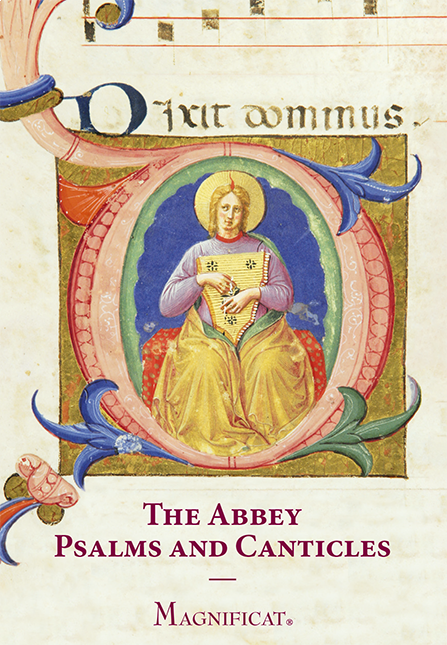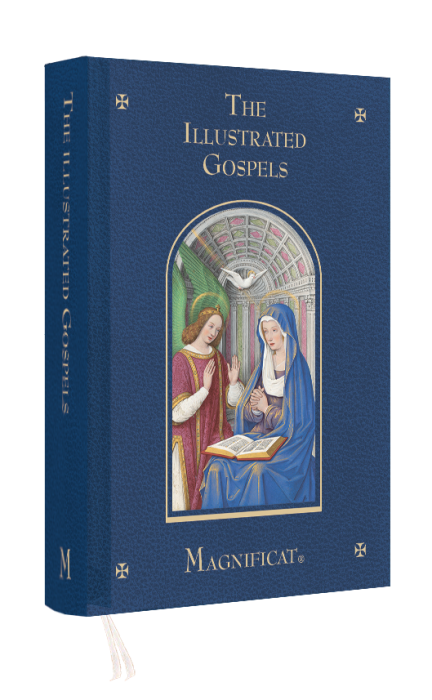To folks who are unfamiliar with the goings-on of the kitchen, there’s something mysterious about making a meal. Mom comes home from the supermarket with a bag of ingredients, and then a delicious dinner appears on the table. As we are introduced to the ways of cooking and baking, the magic of the transformation takes on more significance. You can appreciate a tender chicken breast because you’ve dried out so many yourself. You can delight in the bite of pasta al dente because you know how easy it is to go too far. When we pay attention to the preparation, we can partake more perfectly of the product.
When our Lord “mixes his ingredients” at the Last Supper, he reaches for bread and wine. As Saint Augustine meditates upon the wisdom of this choice, he writes, “Our Lord Jesus Christ has pointed our minds to his body and blood in those things, which from being many are reduced to some one thing. For a unity is formed by many grains forming together; and another unity is effected by the clustering together of many grapes.” The very matter of the Eucharist reveals to us the very reality it conceals: Many grains make up one loaf; many grapes fill one chalice, many Christians become one in Christ. As the matter is made so too are the recipients redeemed.
Let’s be clear: the most Holy Eucharist is no ordinary meal. It is at once a sacrament and a sacrifice. As a sacrament, it causes what it signifies. As a sacrifice, it presents a pleasing offering. By paying attention to the preparation of the bread and the wine, we are drawn deeper into the logic of both sacrament and sacrifice.
As a sacrament, the Eucharist brings about the unity of the Church. By kindling in us the grace of charity, the Eucharist draws us together in the Spirit and makes us more perfectly members of the Mystical Body. In the ordinary course, when we eat something it becomes us. (You eat bread, and it becomes a skin cell or an energy burst.) In this extraordinary sacrament, we eat the body of Christ and, paradoxically, we become it, we become him.
As a sacrifice, the Eucharist tells forth how we ourselves are meant to be offered. Grain is ground to be baked. Grapes are crushed to be fermented. So too each of us is called to offer ourself with the priest, not just at the offertory or at the elevation but throughout the whole of our lives. The Eucharist strengthens us to take up our cross daily—to follow Christ who offered himself for love of us. Only by a continual offering will we be conformed to him. If the saint is to become himself, he must become himself in Christ.
So as we pursue the unity that lies in store, we attend to the signs and offer the sacrifices that make us the body of Christ. This is the final fruit of the sacrament, the very reason for which it was instituted. Because there is one bread, we who are many are one body, for we all partake of the one bread (1 Cor 10:17). So then, attend to the preparation, that you may become one in him who has prepared the meat, mixed the wine, and set the table (Prv 9:2).









